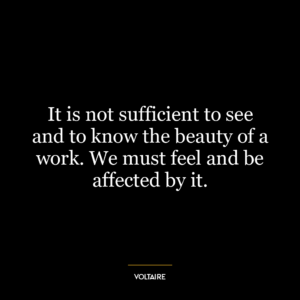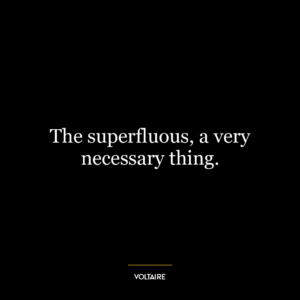What most persons consider as virtue, after the age of 40 is simply a loss of energy.
This quote suggests that what many people label as virtue or moral high ground in their later years is actually a result of diminished energy or drive. After the age of 40, according to this perspective, people may not engage in certain activities or behaviors not necessarily because they see them as immoral or wrong, but because they no longer have the energy or the desire to pursue them. This could be due to physical constraints, emotional exhaustion, or simply a change in priorities as one grows older.
For example, a person might stop going to late-night parties not because they believe it’s morally wrong or inappropriate for their age, but because they no longer have the stamina for it. This action, however, might be perceived by others as a display of maturity or virtue.
In today’s context, this idea could be applied to the way we perceive and judge people’s actions, especially those of older individuals. It’s important to understand that changes in behavior might not always be a reflection of moral or ethical evolution, but could simply be a result of aging and shifting energy levels.
In terms of personal development, this quote can serve as a reminder to not confuse loss of energy with virtue. As we age, it’s crucial to consciously work on our moral and ethical growth, and not just allow the natural decrease in energy to dictate our actions and behaviors. This could mean actively choosing to do what’s right and virtuous, rather than just avoiding what’s wrong because it’s too tiring or challenging.
Overall, this quote invites us to reflect on our motivations and the true reasons behind our actions, and to continuously strive for genuine virtue, regardless of our age or energy levels.













